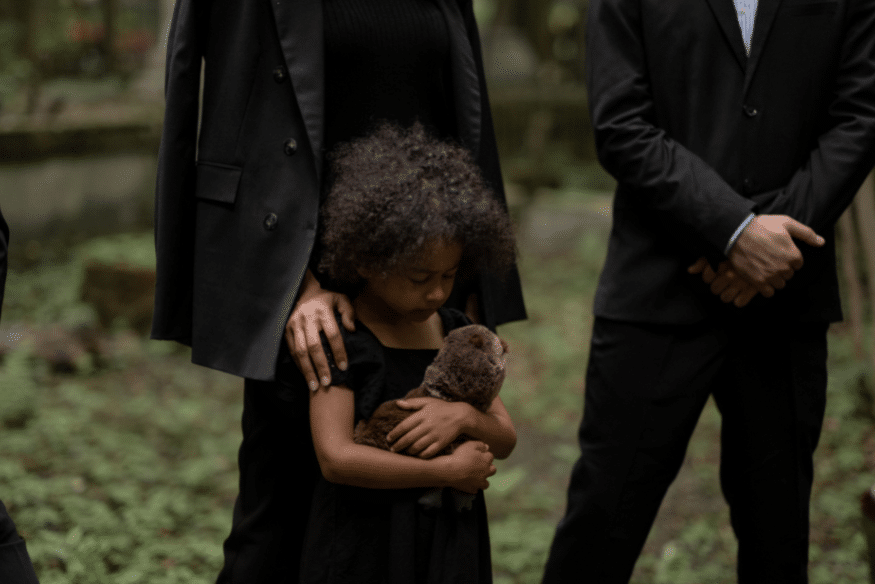Nursing home residents are particularly vulnerable to illness and injury, and it’s not unusual for patients to pass away. When deaths are a result of negligence, however, surviving family members may be eligible to file a wrongful death lawsuit against the nursing home.
Wrongful death nursing home lawsuits in Ohio
Ohio Revised Code Chapter 2125 covers wrongful death actions. Wrongful death occurs when “the death of a person is caused by wrongful act, neglect, or default which would have entitled the party injured to maintain an action and recover damages if death had not ensued.” The personal representative of the deceased’s estate can file an action “for the exclusive benefit of the surviving spouse, the children, and the parents of the decedent, all of whom are presumed to have suffered damages by reason of the wrongful death, and for the exclusive benefit of the other next of kin of the decedent.”
Nursing home abuse wrongful death cases can be challenging to prove. Plaintiffs must show that the nursing home was negligent or committed a wrongful act, which caused the resident’s death. This is difficult when many residents have a history of illness or injury: a medical examiner may attribute their death to underlying causes rather than negligence or wrongful acts. Most cases hinge on whether there is enough evidence to prove the nursing home caused the death—in other words, the patient would not have died but for the nursing home’s actions or lack thereof.
If you believe your loved one died as a result of nursing home abuse or neglect, call Dworken & Bernstein to secure legal assistance as soon as possible. Plaintiffs have two years from the date of death to file a lawsuit—and when you’re grieving the loss of a loved one and settling their estate, that time can pass very quickly.
Nursing home abuse and causes of wrongful death
Nursing home abuse and neglect can take on many forms, including:
- Medication errors
- Untreated bedsores
- Physical, mental, emotional and sexual assault
- Excessive restraints
- Dehydration and malnutrition
- Elopement
- Falls
- Unsanitary conditions.
For example, nursing homes who failed to adhere to COVID-19 protocols for sanitation or medical procedures may have wrongfully caused a patient’s death. Similarly, if the home’s lack of security allowed a confused patient to wander off and die as a result, they may be liable for wrongful death.
The chances of prevailing on a nursing home wrongful death claim depend on the individual circumstances of the case. Call the highly experience nursing home abuse lawyers at Dworken & Bernstein for a consultation today: we’ll review your claim and explain your legal options.







